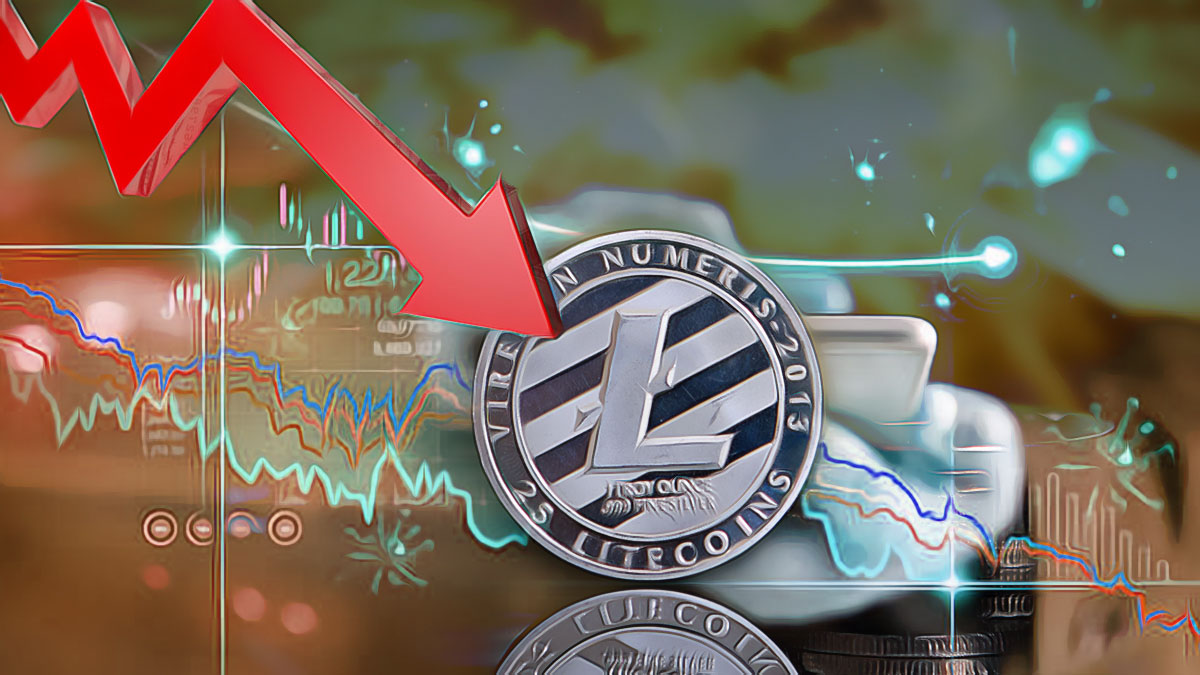
In the cryptocurrency market, as Bitcoin experienced a nearly 1% drop to approximately $59,120, altcoins typically mirrored this downward trend. However, Litecoin (LTC) defied the odds, displaying a notable performance with a 4.89% increase, making it one of the day’s biggest gainers.
Should You Invest in Litecoin Now?
Litecoin’s recent surge raises critical questions among investors. Is this the right moment to invest in Litecoin, or is the rise merely a short-term fluctuation? Despite a 2.32% correction in the past week and an 8.01% drop over the last month, Litecoin’s intraday movements suggest it might challenge a significant resistance level soon. Access NEWSLINKER to get the latest technology news.
What Does Litecoin’s Technical Analysis Indicate?
Technical analysis reveals that Litecoin has been grappling with the 50-day Exponential Moving Average (EMA) as a strong resistance point since June. This resistance signifies ongoing selling pressure. However, a sharp rise in the Relative Strength Index (RSI) hints at increasing buying pressure, suggesting potential upward momentum.
If Litecoin sustains its current pace, it may test the $67.40 resistance level in the coming days. Surpassing this could propel it to $78.80. Conversely, a market-wide selling wave might push Litecoin down to the critical support level at $55.75.
Insights for Investors
– Monitor Litecoin’s price movements closely for signs of sustained upward momentum.
– Pay attention to the 50-day EMA and RSI indicators for potential market signals.
– Be prepared for volatility, especially in response to broader market trends and Bitcoin’s performance.
With Litecoin at a pivotal juncture, investors should watch its price trajectory in the coming days. The continuation of its rise or a potential correction will hinge on overall market dynamics and investor decisions, particularly in the context of Bitcoin’s movements.
Disclaimer: The information contained in this article does not constitute investment advice. Investors should be aware that cryptocurrencies carry high volatility and therefore risk, and should conduct their own research.











